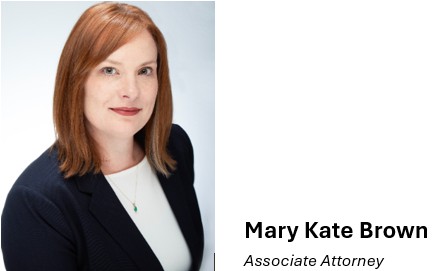Estate planning might sound a bit intimidating, but it’s truly an essential part of managing your personal finances. It ensures that your assets are taken care of while you’re alive and that they’re distributed according to your wishes after you’re gone. Let’s break it down in a friendly way!
Why is Estate Planning Important?
1. Healthcare Decisions: Think of it this way: This is about your preferences! Before anything happens to your capacity, you can share your thoughts on medical care through advanced directives and appoint someone to be your healthcare proxy.
2. Financial Decisions: Just like your health, you can make sure your financial matters are handled by a trusted friend or family member before you ever lose capacity. This way, someone you trust will look after your property and needs.
3. Asset Distribution: Without an estate plan, state laws will determine how your assets are divided, which may not reflect your wishes. A plan allows you to specify who receives what.
4. Guardianship for Children: If you’re a parent of young kids, an estate plan can name a guardian for them, so you have peace of mind knowing they’ll be cared for in the event of your incapacity or passing.
5. Expense and Avoiding Probate: Having an estate plan can save your loved ones money and time. A strong plan can even help skip the lengthy probate process, allowing for quicker distribution of your assets.
Key Components of an Estate Plan
1. Power of Attorney: This lets you choose someone to manage your financial matters if you become unable to do so.
2. Healthcare Proxy: You’ll appoint someone to step in and make medical decisions for you when you can’t.
3. Last Will and Testament: This is your chance to outline how you want your belongings divided and who should be in charge of your estate.
4. Trusts: These can hold your assets during your lifetime and specify how they are distributed after you’re gone, making probate easier to navigate.
5. Beneficiary Designations: Make sure your life insurance and retirement accounts reflect who you want to receive those benefits.
Getting Started with Your Estate Plan
1. Assess Your Assets: List all your assets to understand what needs to be planned. No two estates are the same, and there is no-one-sized-fits-all plan.
2. Define Your Goals: Decide how you want your assets distributed and who will make decisions on your behalf.
3. Consult Professionals: Get in touch with us here at the Key Law Office, our estate planning attorney can tailor your documents to meet legal requirements and achieve your ultimate goals.
4. Review Regularly: Your life changes, and so should your plan! Make it a point to review your documents periodically and update them as necessary—big life events like marriage or kids are great times to do this.
Although estate planning can seem overwhelming, taking these simple steps can give you and your loved ones’ peace of mind. If you are looking for an estate planning attorney, Key Law Office is here to support you every step of the way! Start your estate plan today—it’s an important step in securing your legacy!

